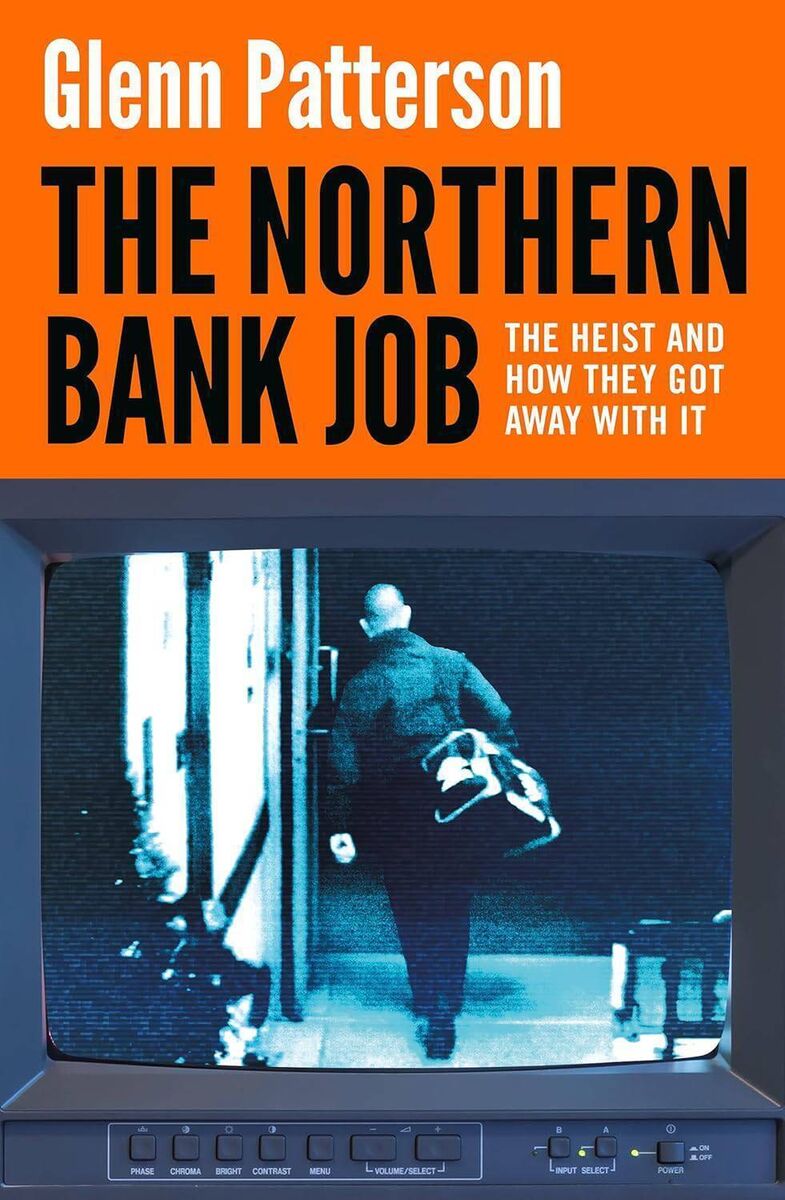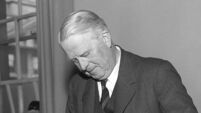Book review: From podcast to page... unmasking the real story of Northern Bank heist

Glenn Patterson reveals full background of the Northern Bank raid.
- The Northern Bank Job: The Heist and How They Got Away With It
- Glenn Patterson
- Head of Zeus Ltd, €18.99
The nationalist and loyalist communities of Northern Ireland lived in an uneasy and violent world since the outbreak of the Troubles in 1969.
The signing of the Good Friday Agreement in 1998 gave these communities new hope for a better life.
It is no surprise, therefore, that in the subsequent years the paramilitary armies rooted in the nationalist and unionist communities felt discommoded and threatened.

Once the raiders left with the £26.5m, the keyholders went home. Ward was reunited with his family immediately. McMullan’s wife, although unharmed, wound up in hospital with hypothermia.
BOOKS & MORE
Check out our Books Hub where you will find the latest news, reviews, features, opinions and analysis on all things books from the Irish Examiner's team of specialist writers, columnists and contributors.






